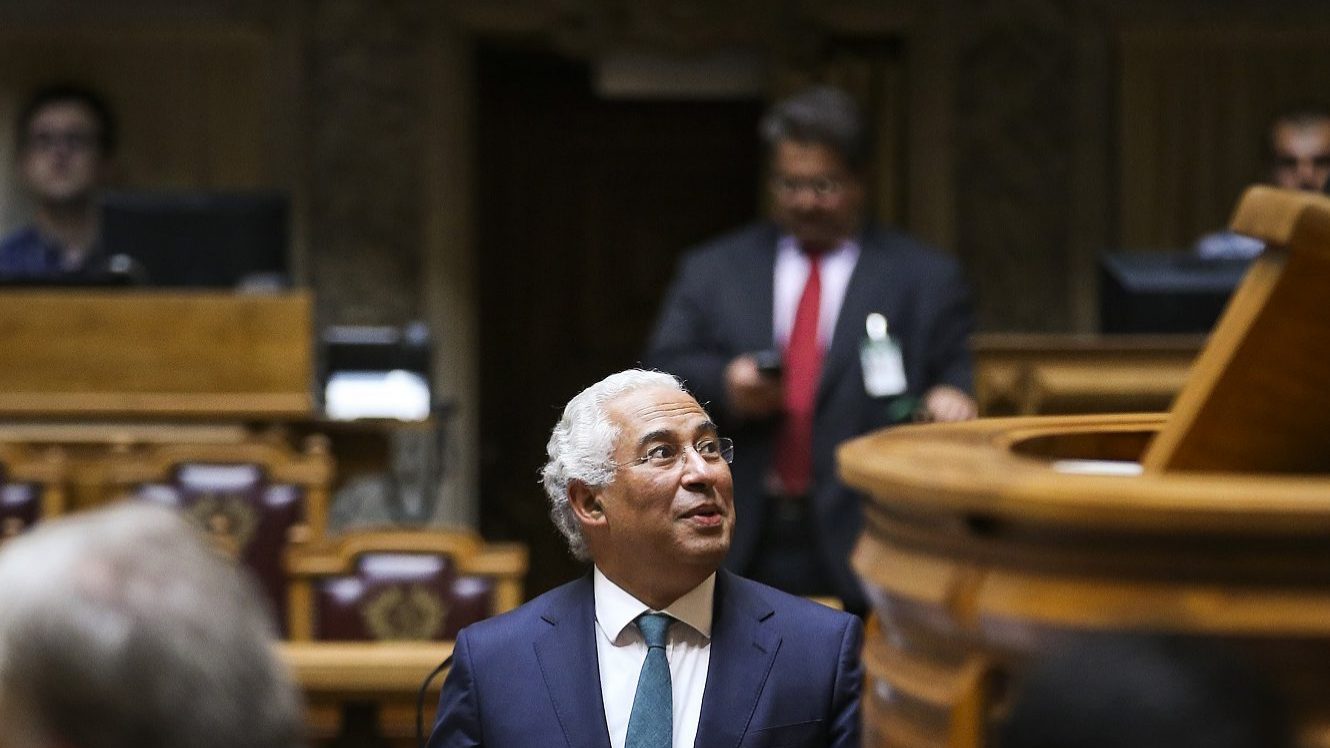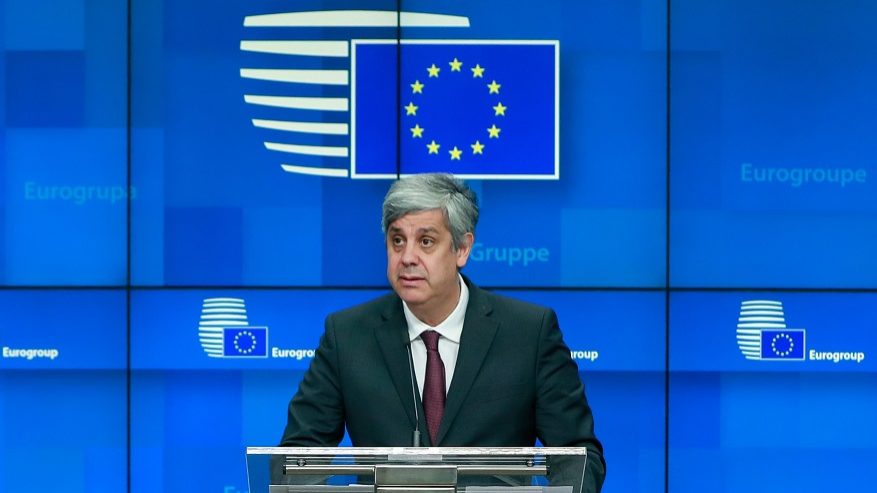German presidency to clinch EU budget, UK deal; Portugal to implement
Portugal, Germany and Slovenia are to successively hold the presidency of the European Council from July 1, 2020, through to December 31, 2021 and have a joint programme.
Germany’s presidency of the European Union in the second half of this year will focus on concluding agreements on the bloc’s multi-annual budget and its future relationship with the UK, with implementation in early 2021 left to Portugal, the latter’s foreign minister said.
Augusto Santos Silva made the comments to journalists after a meeting by videoconference of Germany’s chancellor, Angela Merkel, and the prime ministers of Portugal and Slovenia, António Costa and Janez Jansa. The three countries are to successively hold the presidency of the European Council from July 1, 2020, through to December 31, 2021 and have a joint programme.
“The main priority of the German presidency”, which “is an immediate priority”, Santos Silva said, is “in July to seek to close the agreement on the new Multiannual Financial Framework, the EU budget for the next seven years, and also on the New Generation programme, that is the EU economic recovery plan.”
As a result, Portugal, whose stint runs from January 1 and June 30 of 2021, “will have the absolutely essential task of starting its implementation, of ensuring that the resources of the multiannual budget and the resources of the recovery plan are effectively on the ground from next January,” Santos Silva stressed.
The same applies if the German presidency succeeds in what is its “second major priority”, that is “seeking agreement on the future relationship between the EU and the United Kingdom” following the latter’s departure from the Union, which formally took place on 31 January but with a transitional period that runs until the end of the year.
“We will have until the end of December to negotiate an agreement with the United Kingdom that allows there to be no break in the economic relationship but also in other areas between the two entities from January 2021,” said Santos Silva. “And, of course, if the German presidency also concludes, as we wish and hope, the agreement on the future relationship with the United Kingdom, it will be up to the Portuguese presidency to mark its signature and execution.”
EU leaders are currently discussing a proposal presented by the European Commission at the end of May for a budget for the next seven years and, linked to that, a fund for economic recovery following the crisis caused by the Covid-19 pandemic.
After an informal council last Friday, also by videoconference, that ended without agreement, the European Council president, Charles Michel, announced on Tuesday that the heads of state and government are to meet again at a summit, this time face to face, on July 17 and 18 in Brussels.


